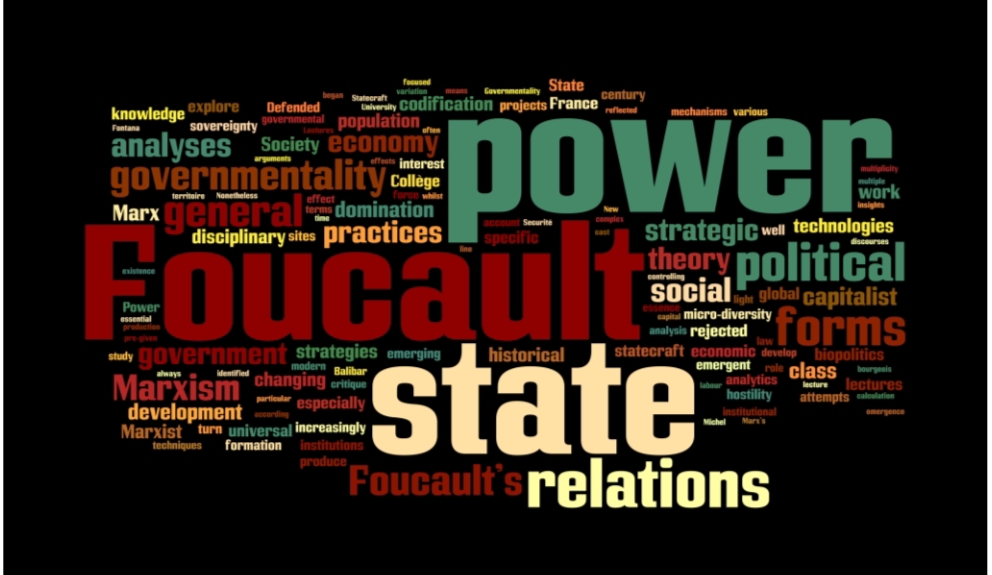Foucauldian concept of Biopower and Governmentality explained by Dr Mukesh Pareek
Biopower is a term coined by Michel Foucault to refer to a form of power that is exercised over the bodies and lives of individuals and populations. It involves the use of power to regulate and control biological processes such as birth, death, health, and reproduction.
According to Foucault, biopower represents a shift in the way power operates in modern societies. In the past, power was primarily exercised through physical violence or the threat of it. However, modern societies have developed subtle and more pervasive forms of power that operate through the management and regulation of bodies and populations.
Biopower involves the use of disciplinary and regulatory techniques to manage populations such as surveillance, classification, normalization, and control of access to resources. These techniques are used to ensure social stability and promote the interests and values of those in power, often at the expense of the underprivileged and marginal groups in society.
Foucault argues that biopower influences the way we understand our bodies, our health, and our identities. By regulating and managing the biological processes of individuals and populations, biopower can limit our freedom and constrain our choices.
Concept of Governmentality by Foucault
Foucault's concept of governmental refers to how power is exercised through institutions and mechanisms of government. It involves not only the formal structures of government and the laws they enact, but also the practices and techniques used to regulate individuals and populations. This can include things like surveillance, control of information, and subtle forms of coercion. The aim of governmental power is not only to enforce compliance with rules and regulations, but also to shape the behavior, attitudes, and beliefs of individuals towards certain goals or objectives. Essentially, the governmental is a way of understanding how power operates in society through a range of techniques and practices that are often unseen or hidden.

Comments
Post a Comment